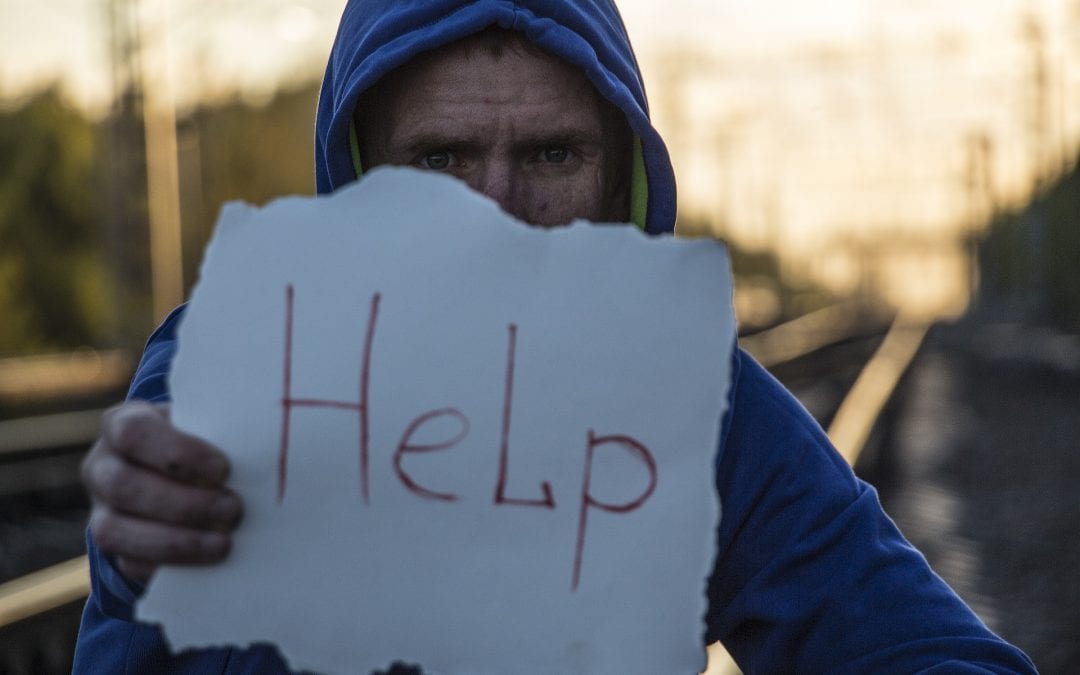By: John Poehler
I have a unique perspective when it comes to suicide.
I am the survivor of multiple suicide attempts.
It is difficult for me to admit this, but my goal is to help anybody in a situation where they are contemplating suicide.
There is no need for me to go into specifics. I would simply like to share some thoughts and ideas that have literally helped to keep me alive. In no way am I trying to be melodramatic. It is just the reality of the situation.
If you or someone you know is thinking about suicide, please contact the National Suicide Prevention Hotline at 1-800-273-8255. You can also text “GO” to 741741. Trained crisis counselors are available 24/7.
Suicide Recovery and Me
1. Speak with a Professional on a Regular Basis
The majority of individuals are not trained to deal with a crisis situation. Professionals are trained in how to handle these tough situations and what to look out for to help prevent them in the first place.
A therapist is a fantastic professional to work with. The main thing is to find someone you connect with and has experience with crisis situations. Most therapists fall into this category.
I see a therapist on a weekly basis. He knows me extremely well and notices changes that I nor my wife can see.
2. Confide in a Close Friend or Family Member When Needed
My closest confidante is my wife. I follow a daily treatment plan and crisis prevention plays a large part.
She has the phone numbers for my therapist and doctors. If things get too intense, we have agreed that she will contact one of the medical professionals on my team.
I do not want to put this burden on her. So, we have spoken at length what I would feel comfortable with in case I get near or in a crisis situation.
My wife is my best friend and we have taken preventative measures so I will never get back to that dark place again. Plus, I want everything lined up so she never feels guilty or responsible for anything that happens.
3. Have a Yearly Physical
It is important to have a yearly physical on a regular basis. That way, your doctor can deal with any physical ailments that could contribute to any feelings of depression and suicidal ideation.
A yearly physical will help to maintain both your physical and mental health.
One time, my doctor found a deficiency in my Vitamin D. Once I took the proper steps to get my Vitamin D into the normal range, some of my negative symptoms alleviated.
4. Maintain an Active Lifestyle
I am sure you have heard this plenty of times. Do something active for an hour each day. We are talking about physical activity.
You should take it a step further.
Get out and take the opportunity to be around people. Walk around the mall, shop for clothes, stop by the grocery store, or eat out. Just get moving.
I have found that a human connection can help me tremendously. Even if it is making eye contact and smiling as you walk by a stranger.
5. Practice Social Rhythm Therapy
Social rhythm therapy is something that has had a huge positive impact on my quality of life. Like anything, it takes work. The payout is priceless.
The goal of social rhythm therapy is to build a routine and consistency in your life. Focus on the things that you have control over.
For example, set a specific time to get up in the morning and go to sleep at night.
Schedule a time each day to take your medication.
Determine the different activities you engage in on a regular basis and schedule them for each day.
I set up a spreadsheet with a target time for each activity. As I go through my day, I type in the actual time I performed each activity.
Last Thoughts
I have heard the saying “Suicide is a permanent solution to a temporary problem”. I do not completely agree with this.
Bipolar disorder is a chronic illness that I live with on a daily basis. It is not a temporary problem. I will live with bipolar disorder for the rest of my life. The demon of depression and mania is always lurking within my mind.
Instead of looking at suicide as a temporary symptom to an issue, let us focus on ways to prevent it in the first place. Better yet, let us put safeguards in place in case the idea of suicide becomes too unbearable to ignore.
If someone talks about wanting to end their own life, take it seriously. Get the person some help and support.
Let us educate others about the topic of suicide.
Better yet, let’s focus on preventing suicide before it happens in the first place.

